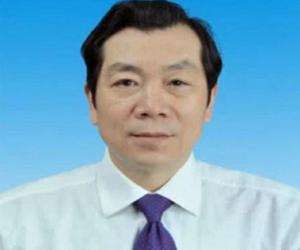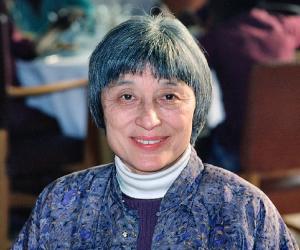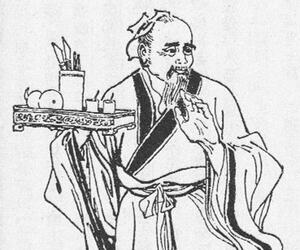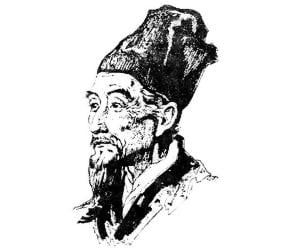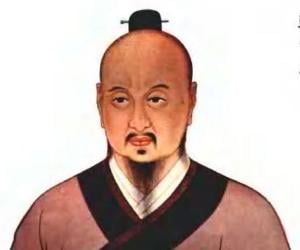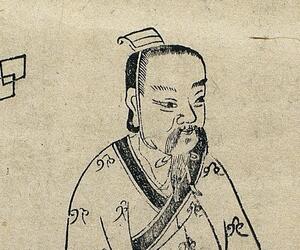1
Li Wenliang
(Chinese Ophthalmologist Who First Warned His Colleagues of the COVID-19 Outbreak in Wuhan)
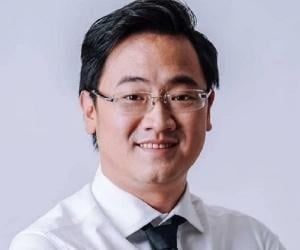
21
6
Birthdate: October 12, 1986
Sun Sign: Libra
Birthplace: Beizhen, Jinzhou, Liaoning, China
Died: February 7, 2020
Li Wenliang was a dedicated Chinese ophthalmologist who raised concerns about early COVID-19 infections in Wuhan. Despite initially sharing information within a WeChat group of Wuhan University alumni, he unintentionally became known as a whistleblower when the report spread publicly. Li contracted COVID-19 while treating patients and sadly passed away from the disease. Following his death, an official inquiry exonerated him and he was posthumously awarded the May Fourth Medal by the government. Li's actions ultimately shed light on the emerging SARS-CoV-2 outbreak.
